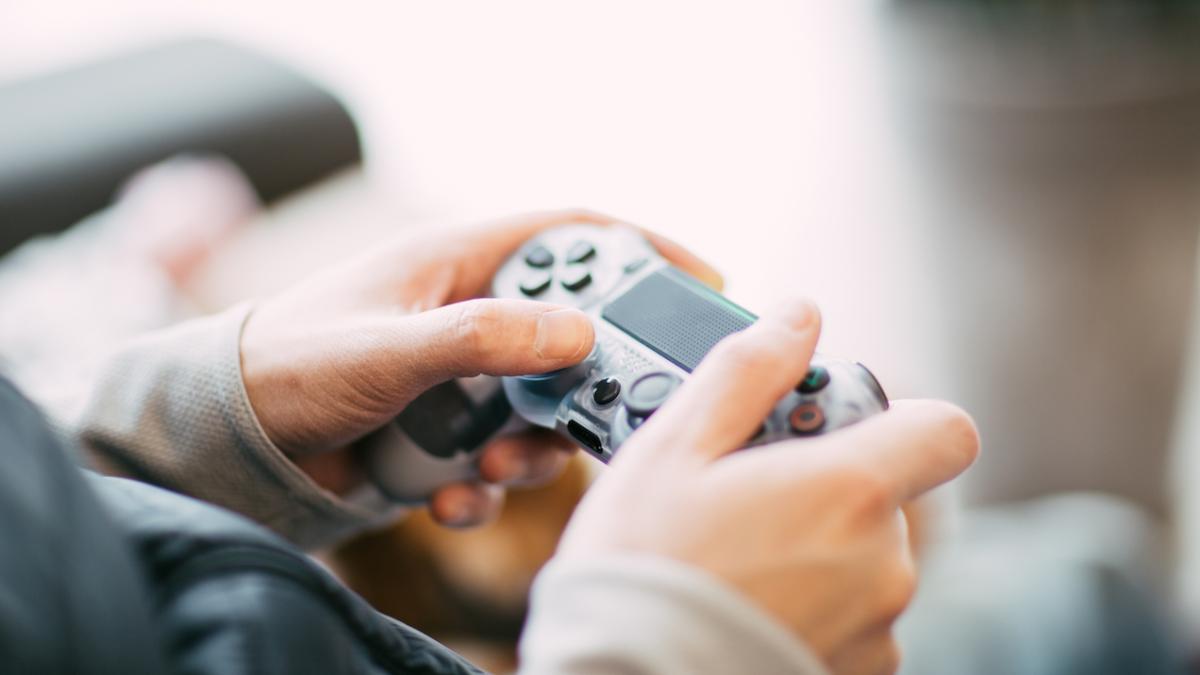
Gaming Disorder is now an officially recognised condition in the International Statistical Classification of Diseases and Related Health Problems (ICD-11), with the World Health Organisation formally adding it to its latest revisions at the 72nd World Health Assembly.
[jwplayer 2pcUn33b]
Gaming disorder is essentially described by the WHO as an addiction, in that gaming can become a problem when it’s prioritised over other important responsibilities and begins to result in negative impacts on a person’s life.
“For gaming disorder to be diagnosed, the behaviour pattern must be of sufficient severity to result in significant impairment in personal, family, social, educational, occupational or other important areas of functioning and would normally have been evident for at least 12 months,” the official WHO description says.
In other words, it would need to have a pretty big impact on your life for it be officially classified as a disorder, but it does bear a lot of similarities to other addictions in that regard. As Polygon points out, Gaming Disorder is listed right after Gambling Disorder and is almost a word-for-word copy of the latter, only “gambling” is replaced with “gaming”.
A number of European gaming industry representatives have called for the WHO to reevaluate the decision, saying it’s not based on enough “robust evidence to justify its inclusion in one of the WHO’s most important norm-setting tools,” they said in a statement.
Of course, the gaming community is split over the decision.
The gaming disorder thing seems to pop up after parents lose control of there kids coz they allow them to play as much as they want, then act surprised when they get attached, they then blame everything and every1 else possible just to cover up there incompetence
— Iomie Keys (@iomiemoo) May 25, 2019
While we’re on the subject of the WHO, the tizzy over “gaming disorder” strikes me as a bit odd. Some are angry, others are mocking it harshly.
Like, we’ve got “gambling disorders,” is the idea that there could be a specific way that video games are addicting so absurd to ppl?
— ً (@PedanticRomantc) May 26, 2019
Let ask, what’s the big deal if there’s such a thing as Gaming Disorder/Addiction? I see a lot of people dismissing it as not real, but why or how does it affect you if it is real and you don’t suffer from it? Why the mockery?
— Jesse Cox (@JesseCox) May 26, 2019
I’m devastated. I just found out that all of my hard work streaming over the last five years has merely been the manifestation of a crippling disease. I’m deleting all of my accounts effective immediately guys I’m sorry.
Can’t believe I’m suffering from “gaming disorder.” 😔
— Chica (@ChicaLive) May 25, 2019
Gaming disorder/addiction….. I don’t know what to say about this other than it is the most absurd combination of words, thrown into a sentence, that I’ve seen in the past decade. And I follow Adam Sloss on twitter. That should say enough. https://t.co/u1SZM1tdCD
— FaZe Crimsix (@Crimsix) May 26, 2019
just read up on the gaming disorder thing and apparently you have to like be addicted to video games and ignore negative life consequences because of how much time you play, and it also must persist for over 12 months. seems pretty reasonable to me tbh
— MØRG (@Morgausse_) May 26, 2019
The ICD-11 isn’t based in law, but it can be pretty influential when it comes to health policy and spending around the globe. The revision will officially take effect on January 1, 2022.







